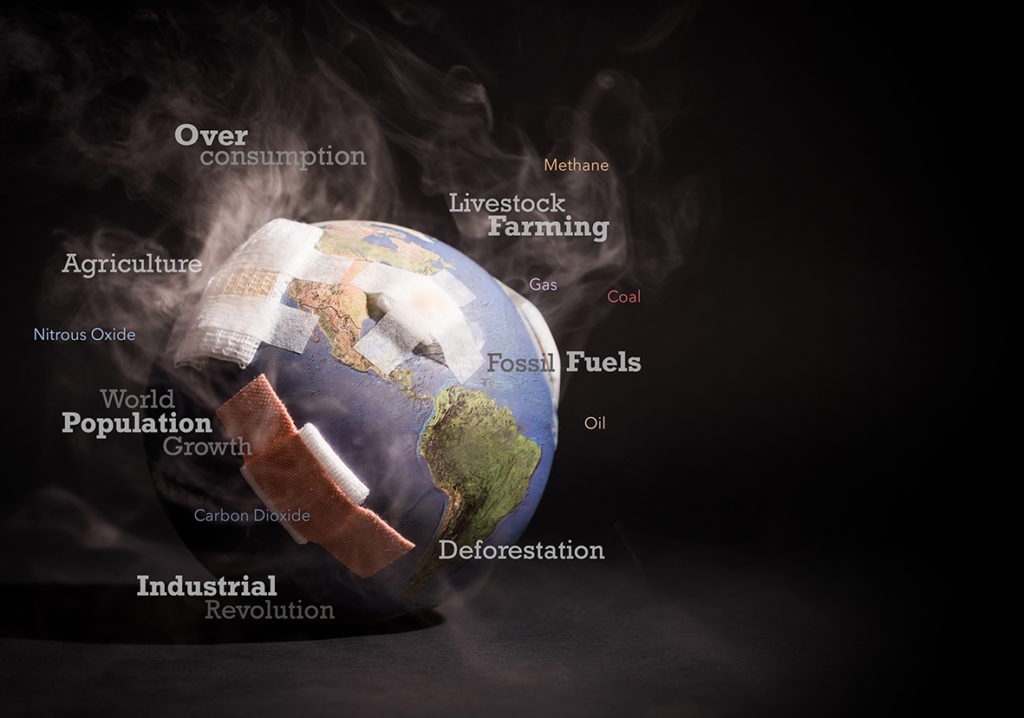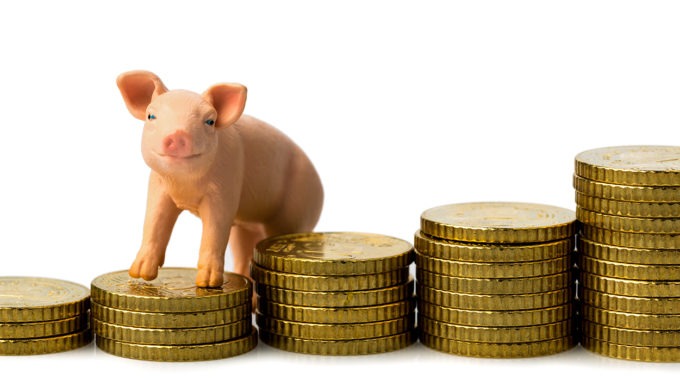Polluter pays: meat & dairy prices too low
The environmental damage arising from food production is not currently reflected in their prices, according to a new study published in the journal Nature Communications. If the consequential costs of greenhouse gases emitted were added to current prices, animal products like milk, cheese and especially meat would need to become far more expensive. The price difference between conventional and organic products would also be less.
Agriculture is one of the main sources of man-made greenhouse gases, accounting for 24 percent of global emissions. The study, which was done by German scientists from the University of Augsburg, looked at the different types of emissions that occur at different points in food production and allocated them to various food products. In addition to carbon dioxide, the researchers also include nitrous oxide and methane emissions and the climatic effects of land use in their calculations.
The results showed that conventionally-produced foods of animal origin, in particular, would have to become much more expensive if the climate impacts of production were to be added to the price. Dairy products would have to be 91 percent more expensive than they are today. Meat products would have to be as much as 146 percent more expensive.

A comparison between the different types of cultivation also found that the emission levels of organic farming were slightly lower than those of conventional production methods after adjustment for yield. However, due to the higher price of organic foods, this results in lower price premiums of 40 percent for organic dairy products and 71 percent for organic meat. Foods of plant origin are associated with a relatively low “climate backpack”, which is in the single digit cent range in both conventional and organic cultivation.
“We ourselves were surprised by the big difference between the food groups investigated, and the resulting mispricing of animal-based food products in particular,” says Augsburg economist Dr Tobias Gaugler. “If these market mispricing errors were to cease to exist or at least be reduced, this would also have a major impact on the demand for food. A food that becomes significantly more expensive will also be much less in demand.”









